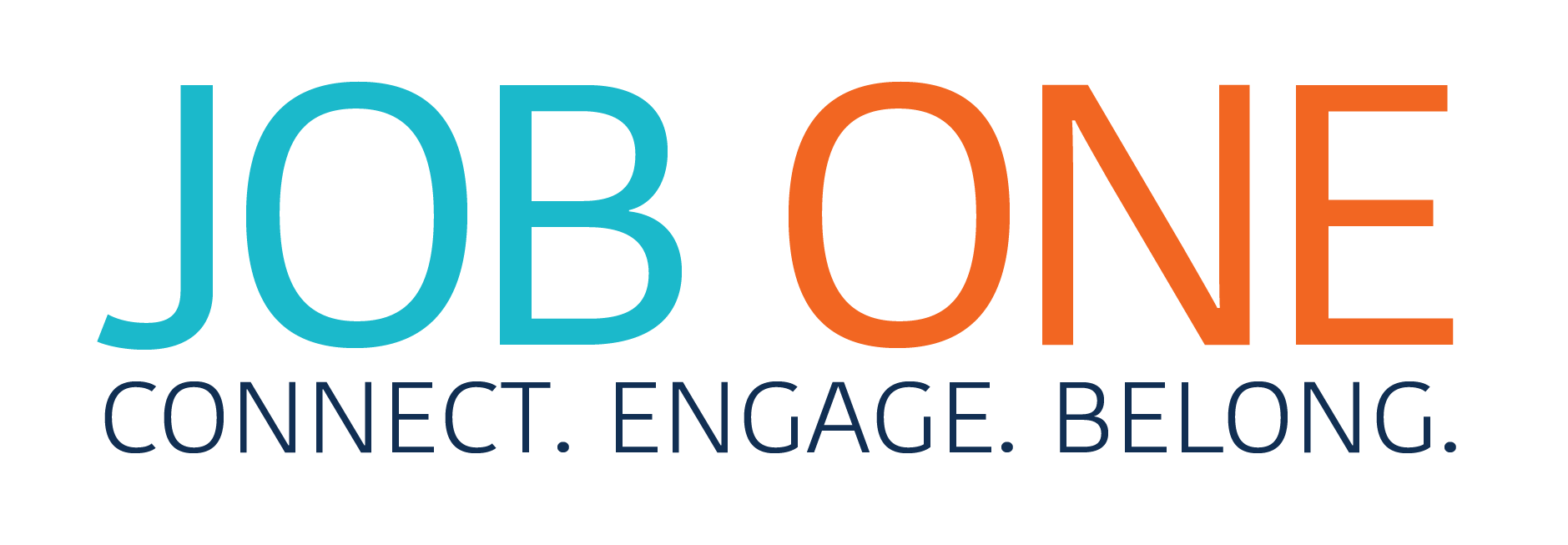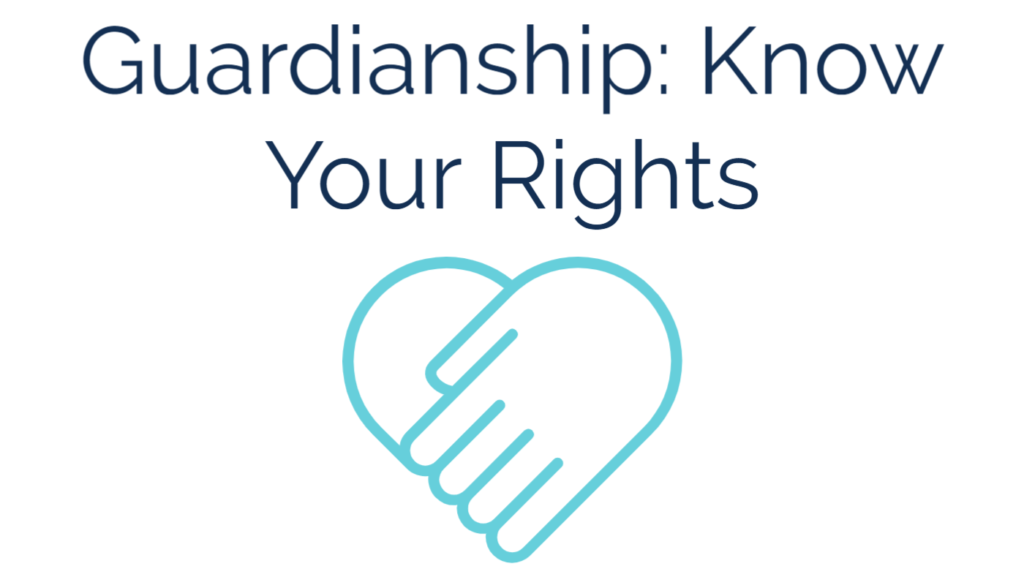Most people with intellectual and developmental disabilities can manage their own affairs with assistance and guidance from others, such as family and friends. If guardianship is necessary, it should be tailored to the person’s needs. Strict monitoring must be in place to protect the best interests and preferences of each person (AAIDD,2016).
The primary goals in assisting individuals with intellectual and developmental disabilities (IDD) should be to assure and provide supports for their personal autonomy and ensure equality of opportunity, full participation, independent living, and economic self-sufficiency (Americans with Disabilities Act, 1990, section 12101 (a)(7); Individuals with Disabilities Education Act, 2004, section 1400 (c)(1)).
What Responsibilities Do Guardians have?
Learn More: https://dmh.mo.gov/media/pdf/guardianship-packet
According to the Department of Mental Health, guardians have the duty to take charge of the person’s needs and to provide for the person’s care, treatment, habilitation, education, support and maintenance; and the powers and duties shall include (a) assuring that the person resides in the best and least restrictive alternative setting reasonably available; (b) assuring that the person receives medical care and other services that are needed; (c) promoting and protecting the care, comfort, safety, health, and welfare of the person; and (d) providing required consents on behalf of the person. Guardians will be required to file a personal status report annually concerning the care, welfare, and placement of the person they support.
Guardians are under a duty, at all times, to act in the best interests of the person they support and to avoid conflicts of interest that will impair the ability so to act. If a guardian fails to perform any of the duties as guardian or conservator, they are liable to be removed from office and may be held personally liable for any loss or damage sustained by the person appointed to support by reason of guardian’s failure.
What Rights Do I Have with a Guardian?
- If any restrictions on autonomy are legally imposed, each individual has the right to the least restrictive alternative, due process protections, periodic review, ongoing training and supports to enhance autonomy and reduce reliance on approaches that restrict individual rights, and the right to ultimately seek to restore rights and terminate the restriction when possible.
- Information and training about less restrictive alternatives to guardianship should be available to people with IDD, their family members, attorneys, judges, and other professionals.
- If the use of a guardianship becomes necessary, it should be limited to the fewest restrictions necessary for the shortest amount of time and tailored to the individual’s specific capacities and needs.
- Strict monitoring must be in place to promote and protect the autonomy, liberty, freedom, dignity, and preferences of each individual even when placed under guardianship.
- Regardless of their guardianship status, all individuals with IDD should be afforded opportunities to participate to the maximum extent possible in making and executing decisions about themselves. Guardians should engage individuals in the decision- making process, ensuring that their preferences and desires are known, considered, and achieved to the fullest extent possible.
- Regardless of their guardianship status, all individuals with IDD retain their fundamental civil and human rights (such as the right to vote and the right to make decisions related to sexual activity, marriage and divorce, birth control, and sterilization) unless the specific right is explicitly limited by court order.
Guardians are meant to be decision making-supporters who help us reach autonomy, liberty, freedom, dignity, and life goals. If you feel at any time that your rights have been violated, you may appeal with the Probate Division of the Circuit Court. If a petition is filed without the guardian/conservator, the court must set a hearing on the petition and notify the guardian/conservator. If you believe your rights have been violated, you may need to seek assistance from an attorney as well as from other trusted individuals in your life.
Resources
Division of Disability Services-Adult Protective Services Policy Manual
Department of Justice, Civil Rights Division. Disability Rights – A Guide to Disability Rights Laws (February 2020)
A Guide to Disability Rights Laws (ada.gov)
AAIDD & The Arc- Autonomy, Decision-Making, and Guardianship (April 2016)
Autonomy, Decision-Making, and Guardianship (aaidd.org)
The Arc & AAIDD. (2016, April 20). Autonomy, Decision-Making, and Guardianship.
Americans With Disabilities Act of 1990. Public Law 101-336. 108th Congress, 2nd session (July 26, 1990).

